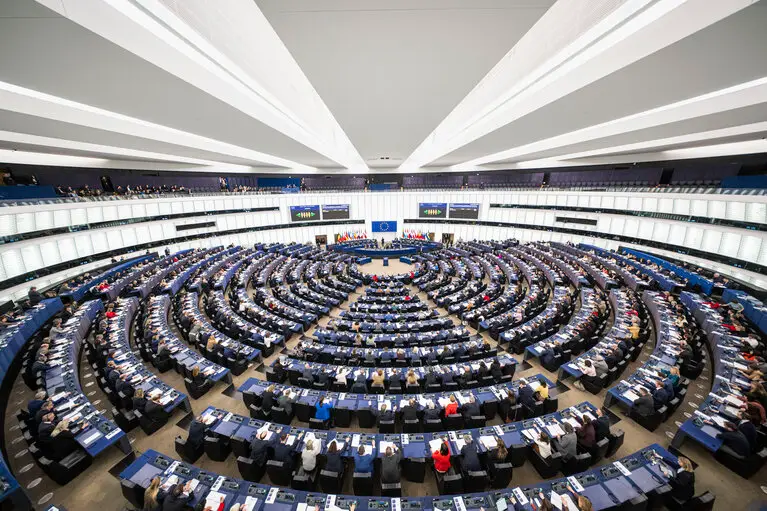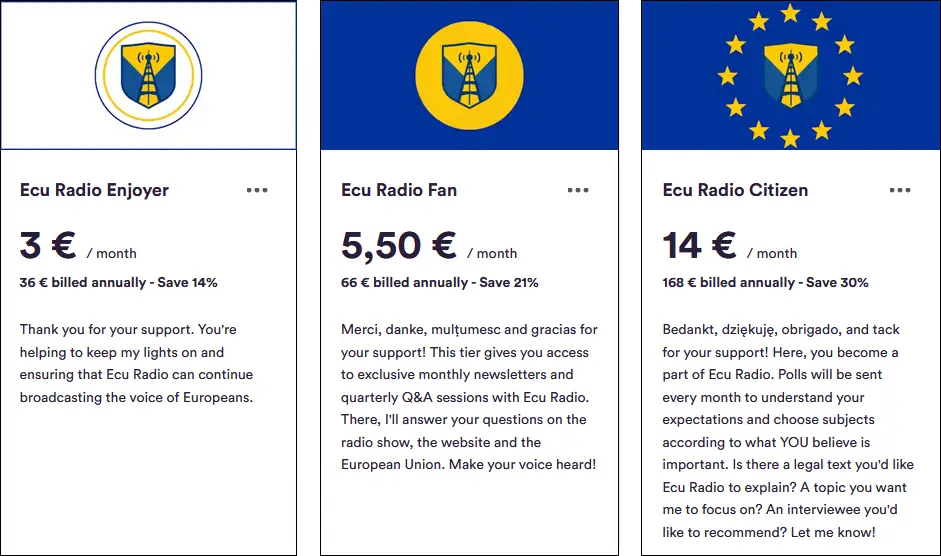Democracy in Europe: the Peace and Prosperity Guarantor
At one point, we witnessed the peak of democracy and didn’t realize it.
Born from the People

Several decades ago, especially after the fall of the USSR, we thought that democracy was the natural evolution of governance and that every country, sooner rather than later, would adopt it. Why wouldn’t they? The biggest authoritarian block fell. The people wanted respect, their voice to be heard and the right to shape their own future through their votes. The agenda was clear and the European Union (then known as the European Economic Community) was part of it.
In retrospect, it was a very naïve view but we couldn’t think otherwise. Democracy was at the time inexorable. Democratic countries never went back to the systems of old after all. There was no example to think of. Once you went to this side of governance, you were there to stay.
But we’re in 2025 now and you don’t need to be a keen observer or historian to give examples, including from the heart of Europe.
A Brief History of European Democracy
We are in 1945 and fascism is at an all-time low in Western Europe. Its enforcers are killed, judged or on the run. Its believers renounce it. People want to focus on reconstruction and are supported in this endeavor by the Marshall Plan, an American aid program, providing funds on the condition that they’re used to buy American products and equipment. It was a win-win agreement. Europeans were financing American companies, building trust and gratitude towards their country, while ensuring that democracy would be preserved against communist USSR.
Once most of the work done, Europeans wanted institutions able to stop fascism, war and destruction to ever happen on their soil, ultimately creating the European Coal and Steel Community (ECSC) in 1951. The idea was that pooling coal and steel production between France and Germany would make a new war “not merely unthinkable, but materially impossible”[1].
It worked. War indeed became unthinkable, revealing that merging economic interests was the key that could unlock a lasting peace, starting the trend for supranational institutions aiming to pool resources. The Treaty of Rome established the European Economic Community (EEC) merely six years later in 1957 and provided for the introduction of a Customs Union. The EEC would then evolve into the European Union in 1992 thanks to the Treaty of Maastricht, while the Customs Union would become the Single Market.
Since then, intentions stayed the same. Citizens were to be directly represented at Union level in the European Parliament and to have the right to participate in the democratic life of the Union, with a focus on explaining decisions done at EU level as openly and as closely as possible. The enlargement process was retooled, with a focus on political criteria such as the stability of institutions guaranteeing democracy and the rule of law[2].
The Treaty of Lisbon came in 2009 to keep enforcing it, right from its preamble[3], reaffirming their values of “respect for human dignity, freedom, democracy, equality, the rule of law and respect for human rights”. Optimism was still on the menu. But the times were already changing.
A Democracy in Danger
- Promoting free and fair elections (e.g. greater transparency on sponsored political content, regulations on the funding of political parties, new mechanisms to fight disingormation and cyber-related threats)
- Strengthening media freedom (i.e. The European Media Freedom Act[5])
- Countering disinformation (i.e. The Digital Services Act)
- Protect the EU democratic sphere
- Promote institutional trust
- Protect an open public debate from covert interference
Ecu Radio's Stance
Ecu Radio is standing for democracy, peace and freedom to vote for governments that truly and effectively have the best interests of their people at heart. Only through the continuous enforcement of our fundamental rights can we preserve them.
Ecu Radio needs your support
Ecu Radio is an independent news website and podcast show, run full-time by a single dedicated contributor (for now). Support our work, get exclusive perks and help keep us going, starting from only 3€ per month. Let's unleash Europe's potential together!
Click here to support Ecu Radio

